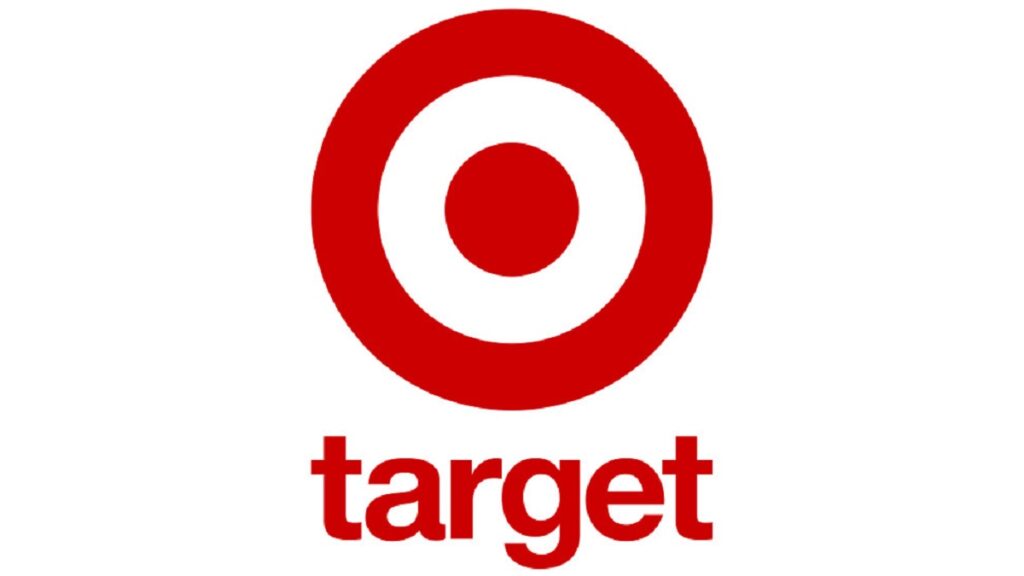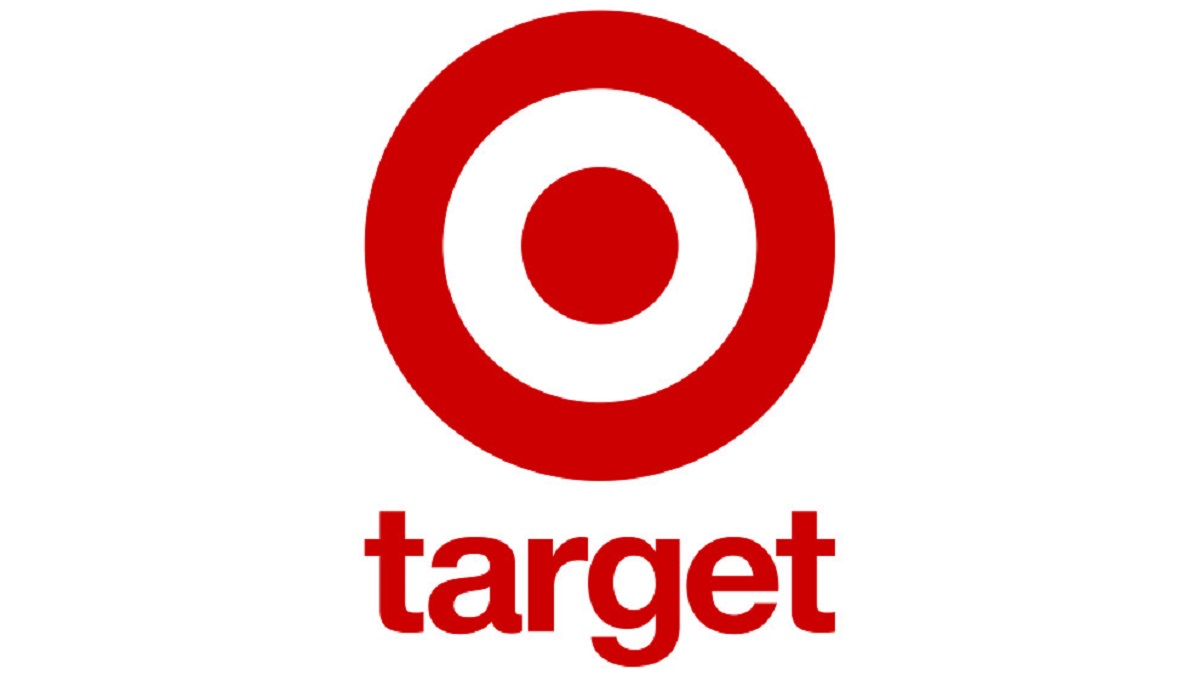Target is an American retailer founded in 1902 in Minneapolis, United States, by George Dayton. The multinational retail company offers fast fashion for women, men, and children.
The Corporation was originally a subsidiary of the Dayton-Hudson Corporation, which was owned and controlled by the Dayton family.
It is recognized for its dynamic approach to fashion, offering a diverse range of trendy clothing at affordable prices. While the term “fast fashion” is often associated with quick production cycles and rapidly changing styles, it takes a conscientious approach.
The store is a place where shopping becomes an immersive experience filled with style, affordability, and innovation.
The retail giant renowned for its diverse product offerings, is not just a store—it’s a destination that seamlessly blends trendsetting fashion, cutting-edge technology, and everyday essentials.
From the moment you step through their doors to explore their online aisles, you’ll discover a curated selection that caters to your every need, whether it’s fashion-forward clothing, home décor, or the latest gadgets.
The American store has mastered the art of making high-quality, on-trend products accessible to all, creating a shopping haven that transcends mere transactions.
Also read: Is Romwe Ethical Or A Fast Fashion Brand? More About The Fashion Label
Is Target Fast Fashion?
Target’s innovative and affordable clothing lines have significantly impacted the fast fashion landscape.
The company adeptly combines trend-focused designs with accessible prices, catering to the ever-changing preferences of fashion-conscious consumers.
The fast fashion approach involves swift production cycles, enabling them to swiftly respond to emerging trends and deliver fresh styles to their stores

They also collaborate with well-known designers and influencers, creating exclusive and limited-edition collections that generate buzz and drive customer engagement.
Its commitment to sustainability is also noteworthy, as the company strives to incorporate eco-friendly practices into its fashion production.
By embracing the principles of fast fashion, it has successfully positioned itself as a go-to destination for those seeking trendy and budget-friendly apparel, contributing to the democratization of fashion and making it accessible to a wider audience.
Target Ethical Practices
The brand has a dedicated page on its website regarding sustainability and ethical practices.
Renewable energy, recycling, and carbon footprint reduction are some points the company focuses on for its sustainable practices.
The Fashion hub has committed to net zero greenhouse gas (GHG) emissions across their enterprises by 2024 to reduce climate impact for their smooth operation.
American retailer company are using their resources responsibly and driving their transparency, innovation and chemical management across all of their national brand consumer product.
The fast fashion is dedicated to fostering ethical practices throughout its operations, emphasizing a commitment to sustainability, responsible sourcing, and community engagement.
One of the pillars of its ethical approach is its dedication to environmental responsibility.
The company actively works to reduce its carbon footprint, enhance energy efficiency, and minimize waste, showcasing a commitment to a greener future.
The company also supports sustainable and ethical sourcing of raw materials, promoting a transparent and traceable supply chain.
Community engagement is another key factor in its ethical practices.
The company invests in local communities through philanthropic initiatives and partnerships, supporting education, healthcare, and social programs.
Moreover, the company actively collaborates with NGOs and industry organizations to stay at the forefront of ethical business practices.
By consistently integrating ethical considerations into its operations, the fashion house sets a standard for corporate responsibility and serves as a positive force in the retail industry.
Similarly, the brand cares for their workers by providing all the human rights policies and better facilities for their goods.
What Raw Materials Are Used In Target?
The fashion company consistently reviews and updates its material choices, incorporating sustainable options and responsible sourcing practices across its diverse product categories.
This commitment reflects a broader dedication to ethical and environmentally conscious business practices
Some of the raw materials being used are:

Apparel:
- Cotton
- Polyester
- Spandex
- Various fabric blends
- Sustainable fabrics(organic cotton, recycled polyester)
Home goods:
- Wood
- Glass
- Metal
- Textiles
- FSC- certified wood
- Recycled materials in select product lines

Electronic:
- Metals
- Plastics
- Advanced materials for electronic devices
Food and grocery:
- Paper
- Cardboard
- Plastics
- Glass
- Increasing emphasis on sustainable packaging solution.
Additional Interesting: Top 10 Vera Wang Wedding Dress 2023: Cost And Design
Target Clothes Are Eco-Friendly
The fashion house has taken significant strides to integrate eco-friendly practices into its clothing lines, demonstrating a commitment to sustainability within the fashion industry.

Notably, the company has increased its use of organic cotton, a more sustainable alternative to conventional cotton, which reduces the environmental impact associated with pesticides and water usage.
Moreover, the company has embraced recycled materials in its clothing lines, including recycled polyester.
This helps reduce the demand for new raw materials and minimizes the environmental footprint associated with traditional manufacturing processes.
Through collaborations with environmentally conscious brands and designers, the company introduces exclusive lines that prioritize eco-friendly materials and production methods.
By continuously evolving its approach to sustainable fashion, it aims to provide customers with stylish and affordable clothing options while contributing to a more environmentally responsible and socially conscious industry.
While challenges persist in achieving complete sustainability, fast fashion efforts represent a positive step towards a more eco-friendly fashion future.
Brand Image

The brand images align seamlessly with Target’s tagline, “Expect More, Pay Less,” embodying a promise of quality, affordability, and a delightful shopping experience.
The brand images exude vibrancy, accessibility, and a touch of chic style, creating a unique and welcoming shopping identity.
The iconic red bullseye logo is synonymous with reliability and value, while the clean and modern store layouts enhance the overall shopping experience.
The brand’s commitment to social responsibility and sustainability is evident, enhancing its image as a conscientious retailer.
Read More : What Is Acubi Style Clothing And Where Is The Brand From?

